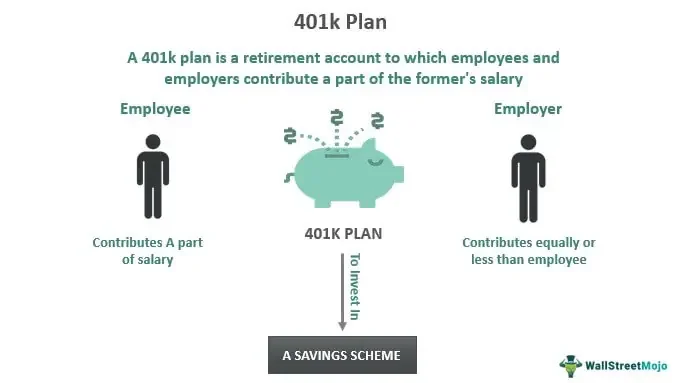Let’s get one thing straight. There isn't $2.1 trillion just "sitting" in forgotten 401(k) accounts. That’s the polite, sanitized language the financial industry uses. The kind of language you’d find in a pamphlet in a sterile HR office. The reality is that $2.1 trillion of your money—our money—is lost in a financial Bermuda Triangle designed by the very people who claim to be helping us save for the future.
This isn't an accident. It’s a feature.
A new report from Capitalize and Boston College drops this number on us like an anvil, and we’re all supposed to nod along and say, “Oh my, what a complex problem.” Complex? Give me a break. You can order a pizza, track its every move from oven to doorstep, and pay for it with your face, but you can’t easily move your own retirement savings from one job to the next? This isn’t a technology problem. This is a design choice.
Gaurav Sharma, the CEO of Capitalize, says, "We think it’s a big issue that gets in the way of us having enough money for retirement." You think? This is like saying a giant sinkhole in the middle of the highway "gets in the way" of your morning commute.
And the so-called solutions are a joke. They’re launching websites like the "Retirement Savings Lost and Found Database," which a Fidelity VP admits is "still trying to reach scale with a lot of providers." Translation: it's an empty warehouse with a fancy sign out front. They’re telling you to call every 401(k) administrator you can think of. You can almost hear the hold music now—a tinny, synthesized version of a forgotten 80s pop song—as you wait for a human resources rep from a job you quit five years ago. This is a system built on friction, and that friction, offcourse, benefits someone. It just ain't you.

The Perfect Crime
Here’s where the scam gets really elegant. While your money is adrift in this purgatory, "bad things can happen," as one expert so delicately puts it. Your old employer might just cash you out, triggering a massive tax bill. Or they’ll force a rollover into some garbage, low-interest account where your money is basically collecting dust, getting eaten alive by fees you never agreed to.
This is a bad system. No, "bad" doesn't cover it—this is a five-alarm dumpster fire of predatory incentives.
We’re constantly bombarded with advice from guys like Dave Ramsey, who says the biggest mistake is trying to "time the market." He screams from the rooftops: "Set it and forget it!" And for an active account, he's probably right. But what happens when the system is engineered specifically to prey on the "forget it" part? You follow the advice, you don't panic-sell during a downturn, you let it ride... only to find out ten years later that the account you forgot about was forcibly moved, bled dry by fees, and has earned less than the cash you stuffed in a mattress.
They tell you to be a steady investor, to ignore the noise, but then they build a labyrinth of paperwork and dead-end phone numbers to make sure you can't even find your own money, and honestly... it's infuriating. It’s like being told to trust the pilot while he's quietly removing bolts from the wings. While you're distracted by the latest government shutdown drama and worrying about What this shutdown could mean for the economy and your 401(k), the real damage is happening silently in the background, one orphaned account at a time.
Then again, maybe I'm the crazy one. Maybe the 31.9 million accounts out there are just from people who are lazy or disorganized. But when a problem reaches the scale of the entire GDP of Italy, you can’t blame it on individual laziness anymore. This is systemic. This is intentional. The system isn't broken; it's working exactly as intended for the people who profit from the chaos.
